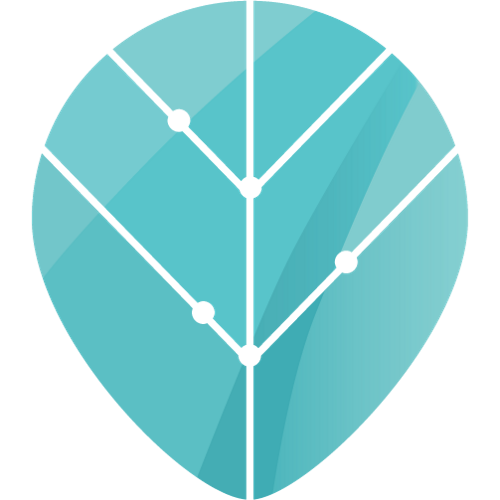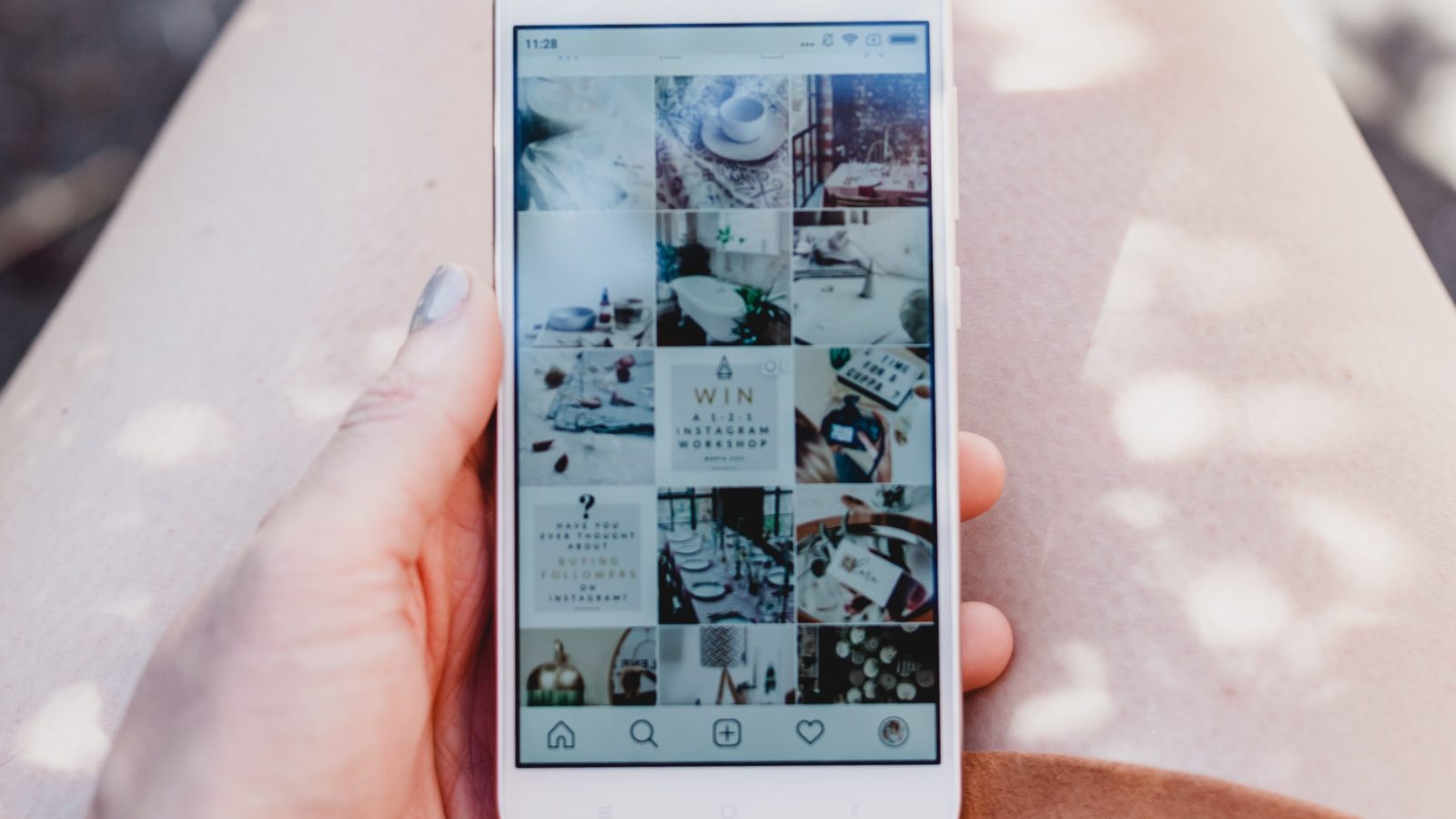Somewhere inside you, you know that everything you see as you scroll through your friends’ posts on social media has nothing to do with you. Those engagement photos, baby-on-board announcements, splashy nights out on the town, and lavish end-of-summer vacations you’re “liking” (at least outwardly) are not a barometer of what you have — or lack — in your own life. Yet, somehow, our brains are often incapable of remembering this fact.
And just like that, we’ve fallen into the social comparison trap — comparing ourselves to others based solely on what we see. We rely on the images and status updates in our feeds to figure out how we stack up — are we faring better or worse in life? Often, say experts, the conclusion we draw is that our own lives simply don’t measure up.
It may be human nature to compare ourselves to others, but it becomes problematic when it creates unnecessary stress, low self-esteem, and anxiety. In fact, “one of the fundamental barriers to our well-being is social comparison,” Timothy Bono, Ph.D., a psychology professor at Washington University in St. Louis and author of When Likes Aren’t Enough: A Crash Course in the Science of Happiness, tells Thrive.
But is it even possible to avoid this trap — of compare and despair — without burying your head in the sand and deleting all your social media apps? Experts say: Yes! Here are some tips to try the next time you’re scrolling.
Remember: It’s a highlight reel, not a full picture
Let’s face it: Nine out of 10 posts and photos you see online are rigorously self-censored and edited. But rarely do we stop to remember that what we’re getting is a mere glimpse into someone’s life. We don’t see the imperfect “outtakes,” the slip-ups, the challenges that everyone goes through. “In all likelihood, there are blemishes and difficulties that we don’t see,” says Bono. That’s why it’s crucial to remember that you’re likely seeing a highlight reel that is “exaggerating how much better off others are in comparison to our own lives.”
Watch out for “scarcity syndrome”
When confronted with other people’s joyful occasions, accomplishments, and riches, our brains may operate under a scarcity mentality. In other words, there’s only so much good stuff to go around, and if they’re getting so much of it, we’re probably being shortchanged. Researchers call this thinking “subjectivity scarcity,” which is a subjective sense that what we have isn’t enough, even though — objectively speaking — it absolutely is. When you’re in the midst of a scarcity flare-up, Bono suggests acknowledging the feeling. “Give yourself permission to be human,” he urges. What’s more, “watch out for specific social media accounts that are making you feel scarce more often than not.” If you need to unfollow someone, it’s OK to do that.
Make sure to “follow” your own (real) life
One foolproof way to keep the focus on your own life and avoid the social comparison trap? Put away your devices and prioritize some IRL contact with your friends and loved ones. Bono points out that when you make the time to nurture in-person connections, you’ll likely find you’re less fixated on what you see online. “Whether others are better off than us is completely out of our own control,” he adds. “It’s far better to focus on what is in our control.” If pulling the plug on every platform feels too extreme, you don’t have to go that far. One idea: Try “weekends off” mode, where you sign out of social media apps on Saturday and Sunday.


